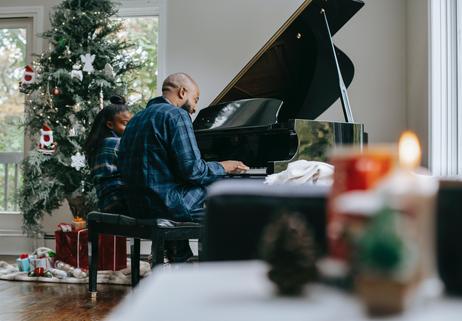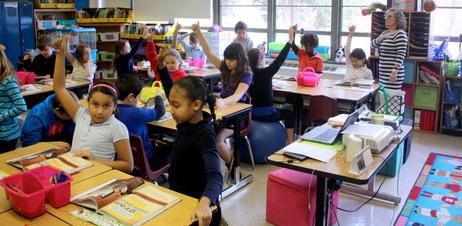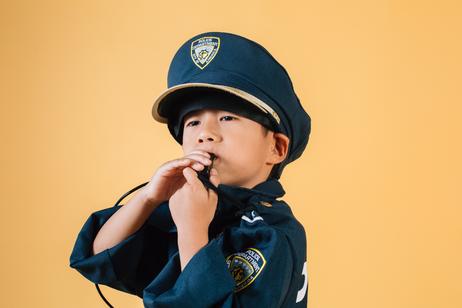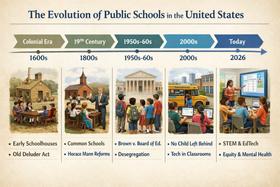Since the nation entered an economic recession in 2008, public school systems across the country have been grappling with some of the most severe state budget crises in recent memory. As governors introduce their budget proposals for the 2010-2011 school year, school districts are learning that the belt-tightening and difficult choices are likely to continue next year.
Hawaii
In Hawaii, the Department of Education has managed its budget crisis by instituting mandatory furlough days for public school teachers. The furlough days have resulted in Hawaii public schools being closed on seven Fridays since October 2009.
The closing of public schools on Fridays has prompted strong reactions from public school parents in Hawaii. Parents have formed two grassroots organizations: Save Our Schools Hawaii and Hawaii Education Matters. The groups have been pressing Hawaiian legislators to restore the 27 furlough days that are planned for the remainder of the 2009-10 school year.
Hawaii’s governor, Linda Lingle, has been working to try to find a way to get students back in school on the planned furlough days. The Honolulu Advertiser reports that the governor, the state Department of Education, and the Hawaii State Teachers’ Association are in the process of negotiating terms that might allow students to return to the classroom on some of the upcoming furlough days.
However, any solution that the negotiators propose will inevitably involve compromises. The teachers’ union is concerned that the governor’s proposal to restore furlough days will result in a severe budget shortfall



















